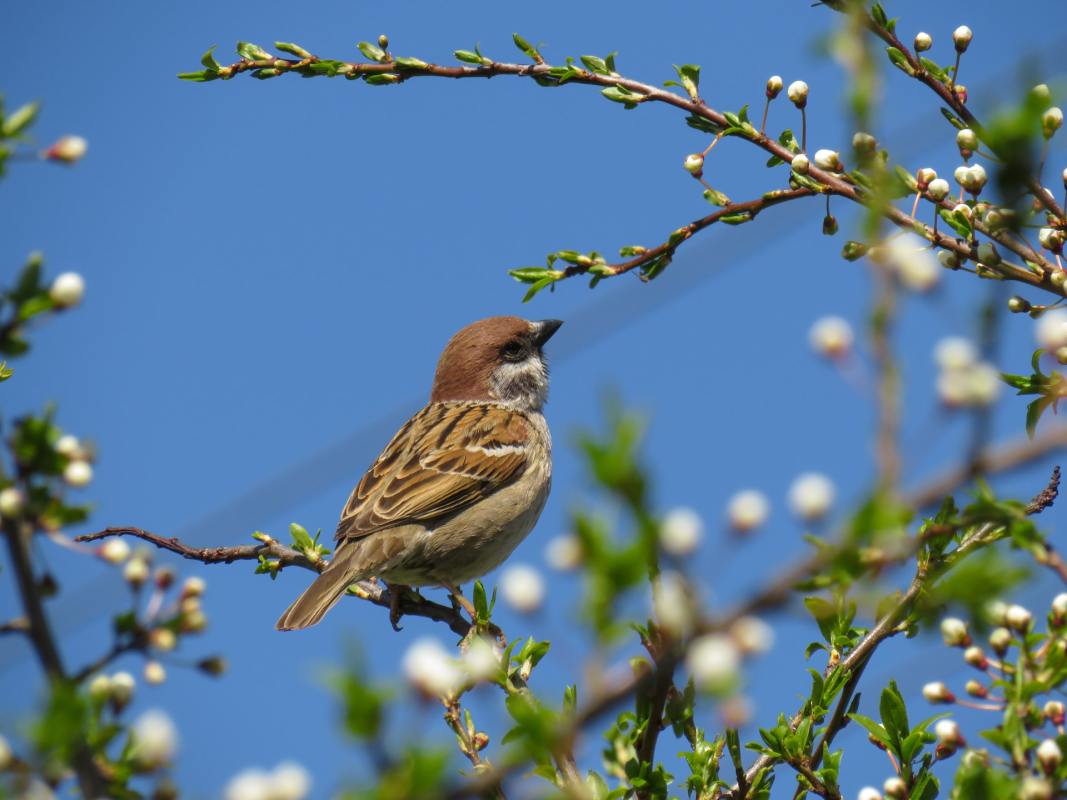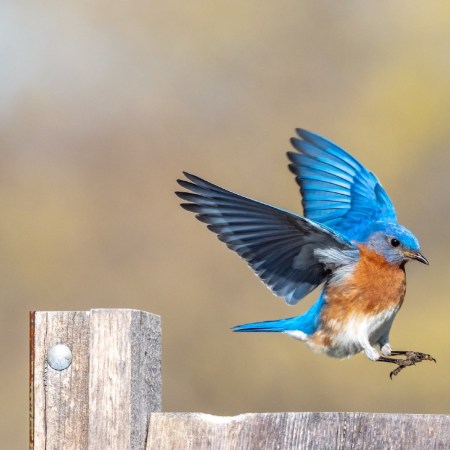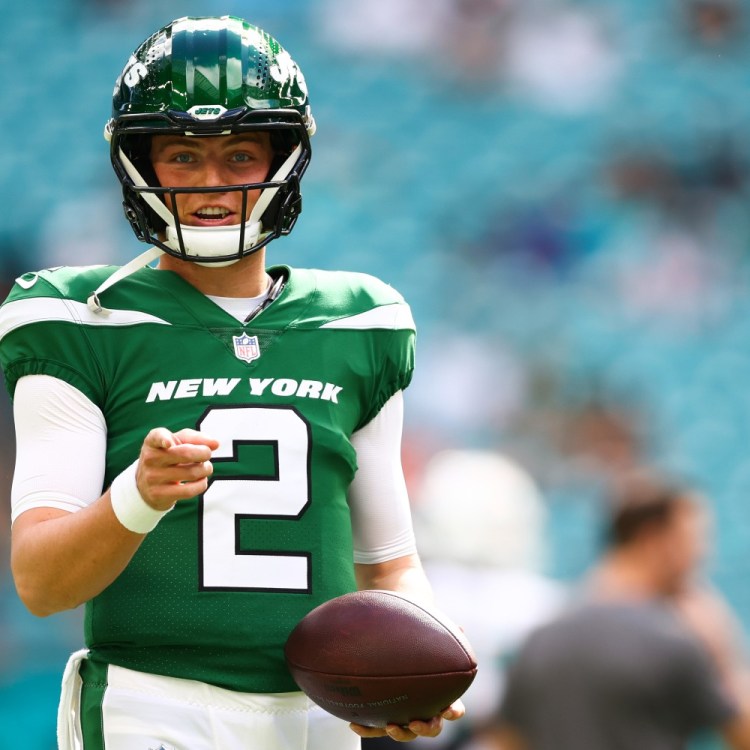Like many people, I’ve taken to referring to the times before March of 2020 as “the Before Times.” It’s not hard to feel like those years represented a fundamentally different way of living, in some ways — and whether or not people have returned to the mindset of bygone years can vary wildly from person to person. But for people looking for tangible evidence of an altered world, there’s a place to look for that — and it might be found on the branches and fences around you.
According to a paper recently published by Science, the change in outdoor sounds as a result of the early days of the pandemic caused some birds in the San Francisco area to literally change their songs. The authors write that “the reduction in traffic sound in the San Francisco Bay Area of California to levels not seen for half a century led to a shift in song frequency in white-crowned sparrows.”
An article by Shoshi Parks at Atlas Obscura offers more details as to what that means. As one of the paper’s authors, Elizabeth Derryberry, explained, one of the effects of the pandemic was a drop in the sound of cars, with significantly more people staying home and not driving around. For birds that had been used to singing one way so that they could be heard over the engine noise, this change in the sonic environment prompted them to sing differently.
What’s especially interesting is the way that the sparrows have continued to sing these songs even as vehicle sounds have returned to the area. “We’re waiting to see what their songs do,” Derryberry told Atlas Obscura. It’s a question that could have significant repercussions for the local ecosystem.
Thanks for reading InsideHook. Sign up for our daily newsletter and be in the know.


















